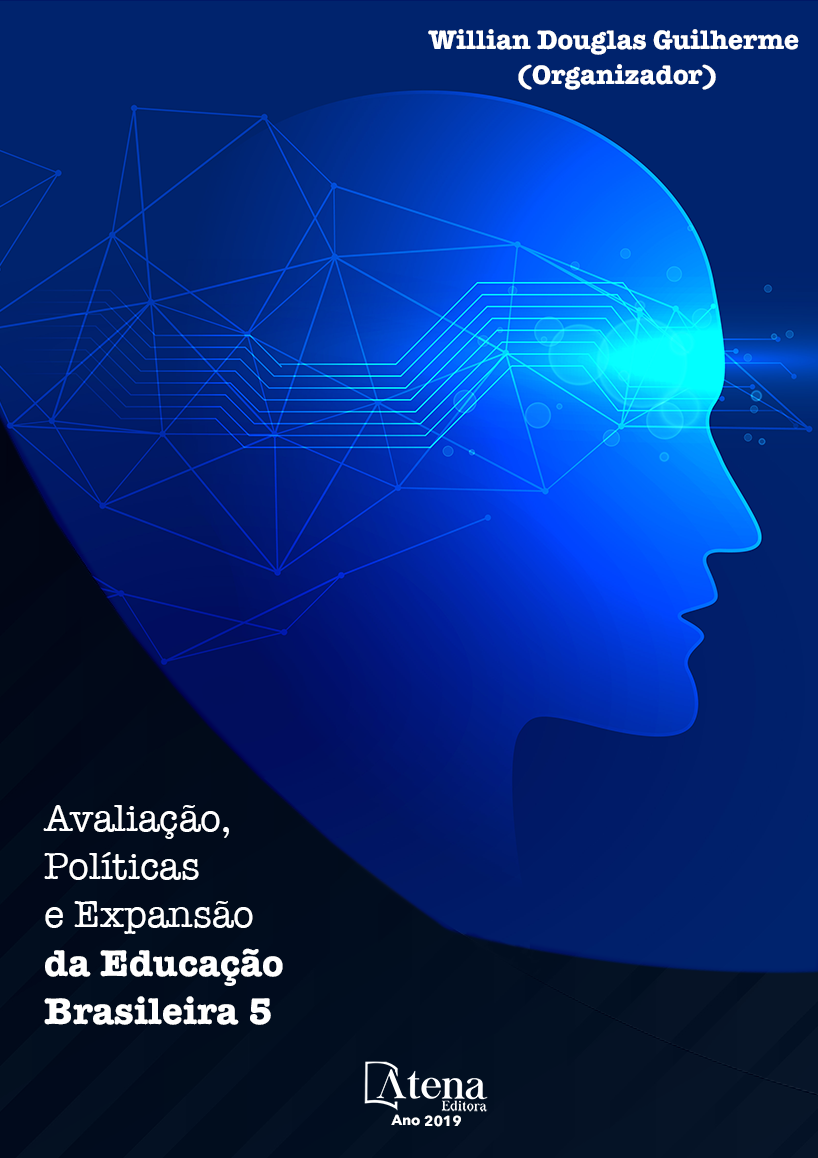
As TIC na educação: concepções docentes sobre o emprego das ferramentas digitais Google for Education e o processo de ensino-aprendizagem
A década passada e a atual foram
marcadas por profundas transformações na
sociedade. De um lado se vê uma geração
transitória que chegou ao século XXI e
tenta acompanhar a velocidade com que
ocorrem as mudanças no mundo. Do outro,
uma geração que é o fruto da sociedade da
informação marcada pelos avanços científicos
e tecnológicos que influenciam em todos
os setores e nos modos de construção do
conhecimento. Tal situação, expressa como
as tecnologias têm condicionando mudanças
nas práticas docentes, exigindo a inclusão de
ferramentas que despertem o interesse dos
alunos e contribua para o processo de ensinoaprendizagem.
Considerando as TIC nesse
cenário, objetiva-se conhecer as opiniões
dos professores de uma instituição de ensino
particular sobre as ferramentas digitais Google
for Education e seu reflexo sobre o processo de
ensino-aprendizagem. Para cumprimento dessa
tarefa realizou-se um estudo de caso, com
uma amostra composta por sete professores.
A coleta de dados se deu por meio do grupo
focal com a interpretação dos resultados
focada na Análise de Conteúdo proposta por
Bardin. Os resultados apontam que as TIC
são um fenômeno com grande participação
no contexto educacional e que os professores
fazem uso das ferramentas digitais Google
for Education considerando as modalidades
e níveis de ensino que atuam. Para mais,
destacam algumas possibilidades e fragilidades
no emprego do recurso quanto ao processo de
ensino-aprendizagem afirmando que a escolha
das ferramentas está atrelada as necessidades
percebidas em sala de aula no intuito de auxiliar
na compreensão dos conteúdos ministrados,
estimulando a produção do saber e a construção
de aulas mais dinâmicas.
As TIC na educação: concepções docentes sobre o emprego das ferramentas digitais Google for Education e o processo de ensino-aprendizagem
-
DOI: 10.22533/at.ed.6271910078
-
Palavras-chave: Educação. Google for Education. Ensino-aprendizagem.
-
Keywords: Education. Google for Education. Teaching-learning.
-
Abstract:
The past decade and the current
have been marked by profound changes in
society. On one side is seen a transitional
generation that has reached the twenty-first
century and tries to keep up with the speed
with which changes occur in the world. On
the other hand, a generation that is the fruit
of the information society marked by scientific
and technological advances that influence all
sectors and modes of knowledge construction.
This situation expresses how technologies have
conditioned changes in teachers ‘practices, requiring the inclusion of tools that arouse
students’ interest and contribute to the teaching-learning process. Considering the ICT
in this scenario, it is aimed to know the opinions of the teachers of a private educational
institution on the digital tools for Google Education and its reflection on the teachinglearning
process. To accomplish the task, a case study was carried out, with a sample
composed of seven teachers. Data collection was done through the focus group with
the interpretation of the results focused on the Content Analysis proposed by Bardin.
The results indicate that ICT is a phenomenon with great participation in the educational
context and that teachers make use of the Google for Education digital tools considering
the modalities and levels of teaching that they act. Furthermore, they highlight some
possibilities and weaknesses in the use of the resource regarding the teaching-learning
process, stating that the choice of tools is linked to the needs perceived in the classroom
in order to help in understanding the contents taught, stimulating the production of
knowledge and the construction of more dynamic classes.
-
Número de páginas: 15
- Letícia Maria Pinto da Costa
- Priscila Cristiane Escobar Silva


